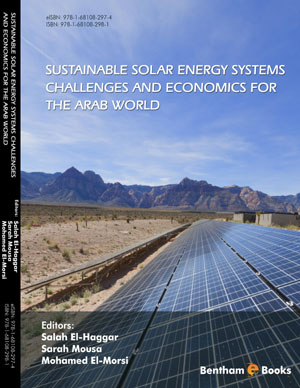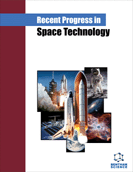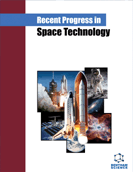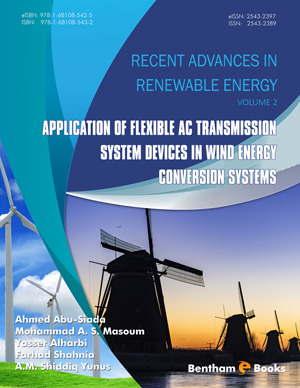Abstract
The environmental problems associated with the use of fossil fuels can be largely diminished by changing to renewable energy sources. Traditional energy sources are harmful to the environment on both local and global scales, largely because their use is associated with the emission of greenhouse gases. Solar power systems, along with those which rely on other renewable energy sources such as wind and hydroelectric power, produce minimal carbon emissions. Considering its abundance, solar energy presents itself as a clean viable main energy source alternative to traditional reliance on fossil fuels. On the economic level, solar energy has the potential to serve as a stimulant for economic growth and sustainable development. Throughout the world, and particularly in developing countries, access to energy is highly correlated with social and economic factors. Access to affordable energy for all is crucial for economic growth. Also, the social benefits associated with the usage of solar energy are potentially most significant for underserved populations in developing countries. This chapter shows how solar energy presents itself as an alternative to traditional energy sources that is healthier for both the environment and humanity, and has the potential to enhance the social and economic fabric of a community.
Keywords: Air pollution, Global mean temperature, Health, Human development index, Respiratory diseases, Solid fuel.


















